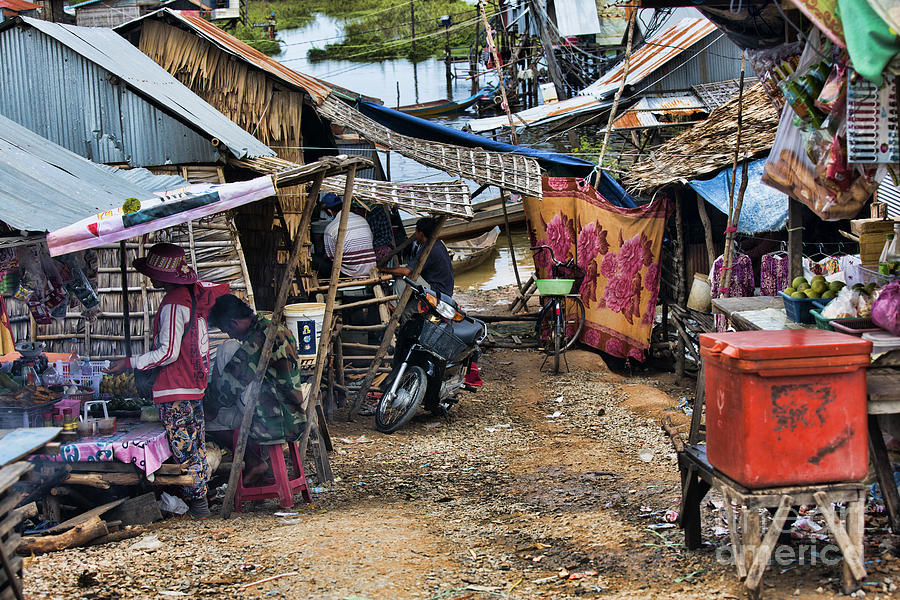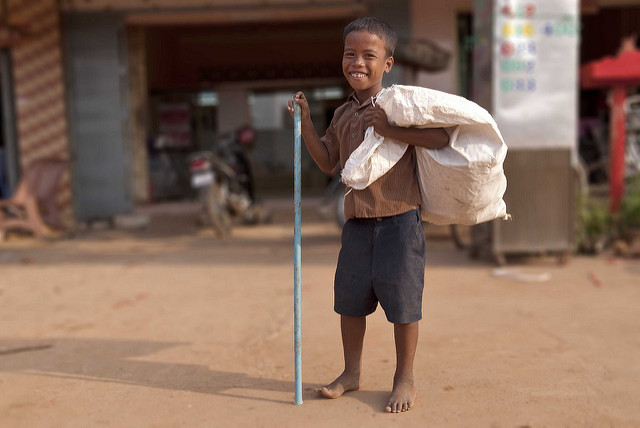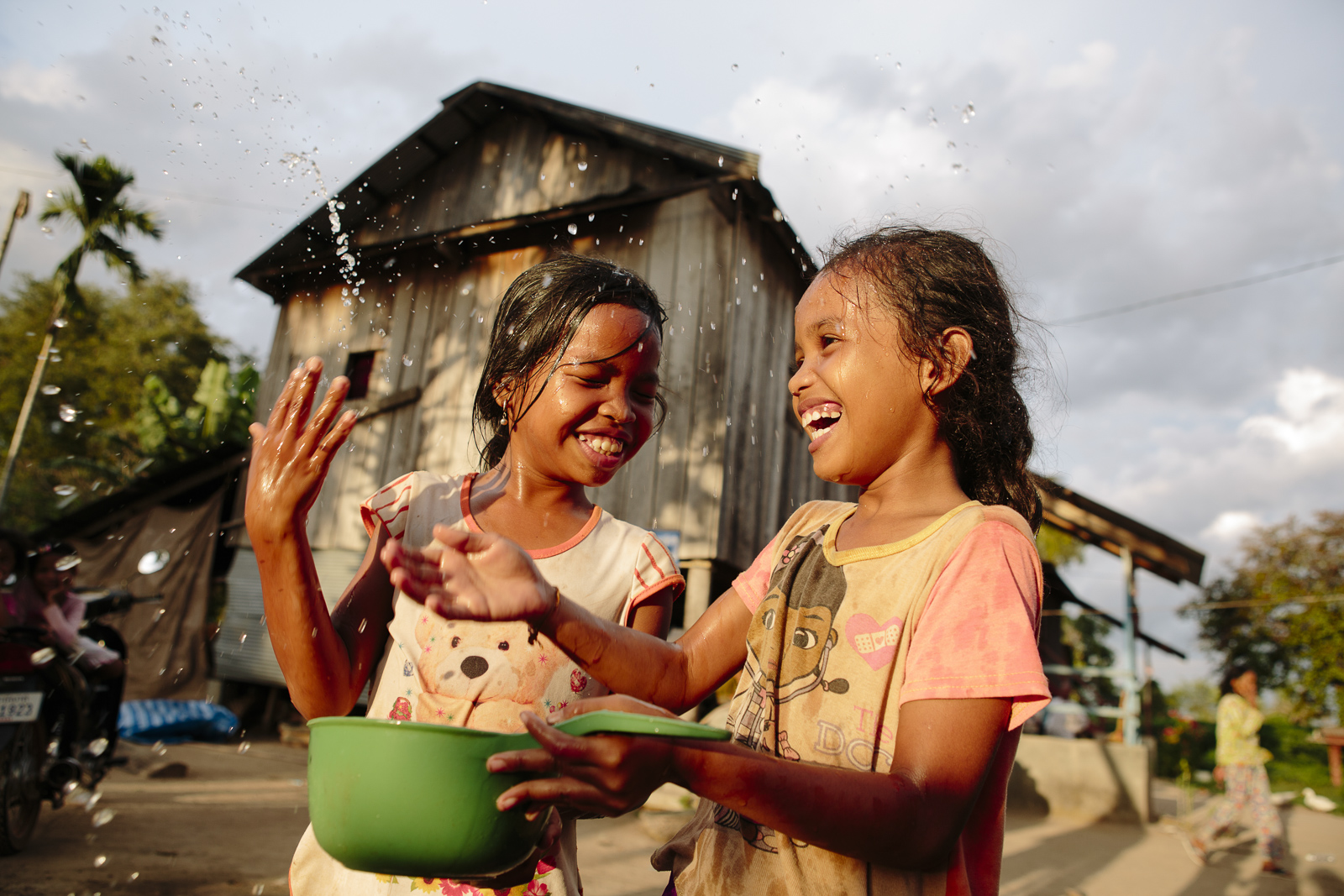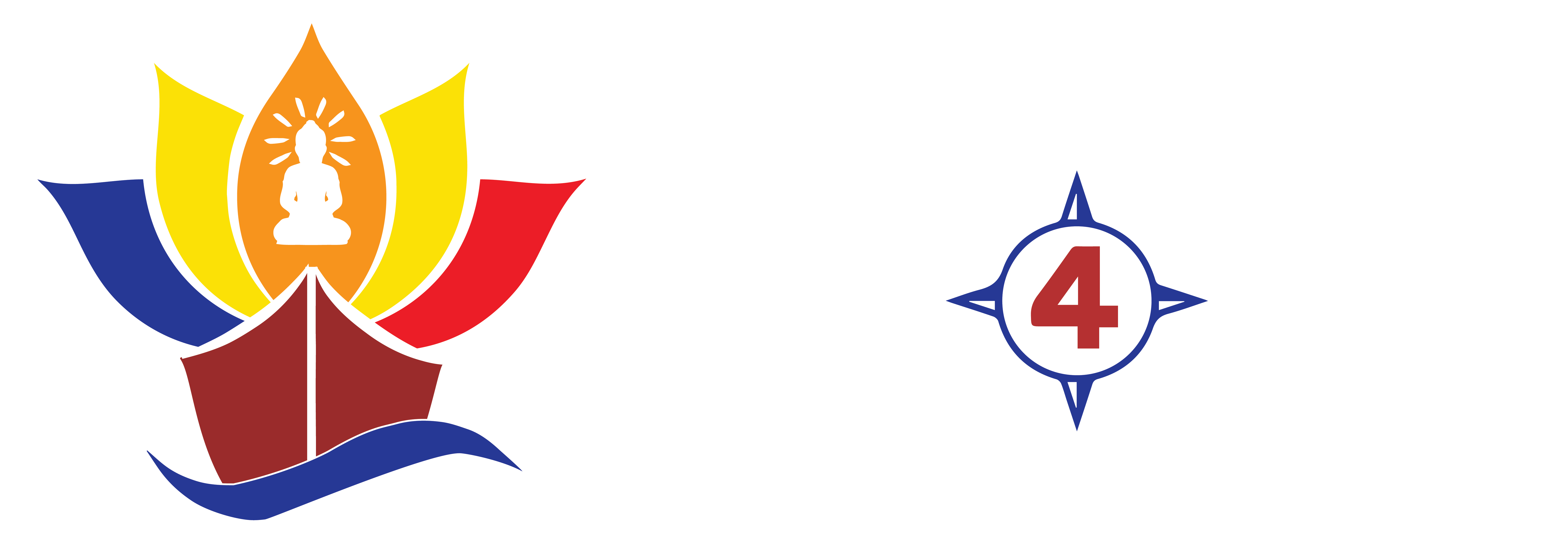Why Cambodia?
The Peaceful People: Khmer
With 97% of the Khmer population identifying as Buddhists, the Cambodian constitution recognizes Buddhism as the governing doctrine of the country. However, despite an inherent sense of morality instilled within the culture, Cambodia suffered from turmoil after the Khmer regime left the country in a state of regression.
The aftermath of war caused by colonialism
Compared to the advancement of other countries, Cambodia faces a significant infrastructure gap, requiring essential reforms to secure a better future for its young people. Cambodia's future prosperity will depend on diversifying its economy and establishing direct access to public services, including water, sanitation, health, and education. These critical services are in dire need of improvement to support the country's growth and development.



Cambodia's population living in inadequate conditions
Cambodia's population living in inadequate conditions reside in rural regions
Cambodia's population living in rural regions
Khmer children aged 5 to 14 years are forced to work to support their families
These figures highlight the severity of living conditions and challenges
faced by a significant portion of the population.
This unfortunate reality reflects the urgency of addressing the socio-economic disparities and lack of access to basic necessities in Cambodia. Efforts to improve living standards and provide better opportunities for the younger generation are crucial to breaking the cycle of poverty and ensuring a brighter future for all.
Their true hero is education,
helping individuals and
their community.
We believe the cycle to breaking poverty is through education.
Education empowers individuals with wisdom, assets and opportunities that can transform and uplift their lives. It is an investment that yields long-term benefits for individuals, families and their community. It breaks generational patterns and transcend their limitations of their circumstances.
„
Thank you Teach4Peace. I want to become a doctor so that I can help the poor who are like me and my family. It is very hard to go to the hospital or to have treatments when we do not have money.
Sopharith Mao
/ Scholarship Recipient
